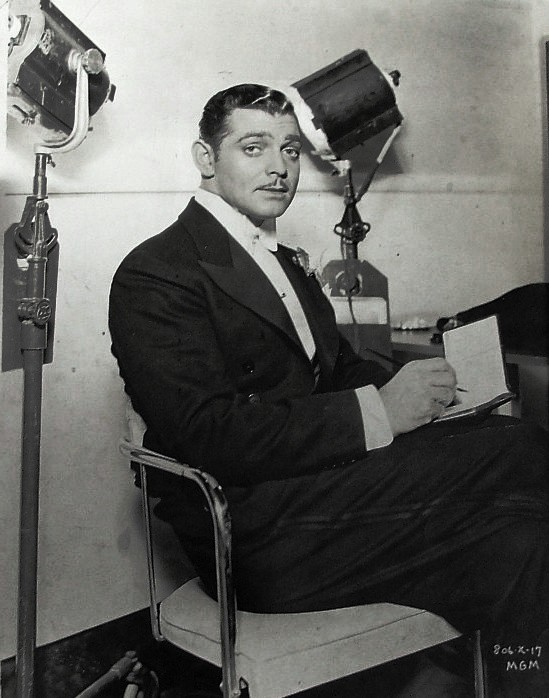
{New Article} 1934: What’s Happened, Gable?

The latest article in the Article Archive is a typical one for the period. The MGM publicity machine was very keen on painting Clark Gable as this rebellious rogue who scoffed at fame and stardom and wanted nothing more than to walk away from it all.
“The fault lies purely with myself,” [Clark] said. “I thought I wanted something, something I find I don’t want at all. I was not meant to be a motion picture actor—or any actor. But in the beginning I didn’t realize that I thought I wanted acting fame more than anything in the world. How, then, can Hollywood be blamed for giving me what I wanted and discovered I didn’t?”
“I know it sounds damned ungrateful to my producers and to the fans who have made me what I am, whatever I am. But you asked me a frank question and I want to answer you honestly.
“I mean it when I say that I was not born to be a movie star. I was born close to the soil and should have stayed close to it. Silence, the great privacy of nature and the joy of earning one’s bread by the sweat of the brow—these are my rightful heritage. That is the kind of man I am. That is the fundamental me.
“It is foolhardy for a man to go contrary to the instincts of his nature. And that is exactly what I have done in seeking an acting career for myself. When my stage career developed into a movie career, the contrast was even greater. For Hollywood is a glittering bubble. In place of quiet, it is a Babylon. Its only privacy is a clique and each night bring a fatigue that isn’t physical, but pure nerve exhaustion.
“Of course, in the very beginning, that didn’t seem to matter. I got a tremendous kick out of it—all the backslapping, the recognition, the loud plaudits and even having my buttons torn. It was the same artificial kick a man got when he was drunk. Only it lasts a little longer. The thing that has happened to me is that my hangover of fame drunkenness is wearing off. I’m sobering up after a two years bat on Fame Champagne.”
…
“The philosophy about how much money we make is okay if you happen to be one of those people to whom money is really important. I’ve had so much fun on so little—that I guess my perspective has been ruined. The things that I have to do in Hollywood and the money I am forced to spend does not buy me the pleasures I am longing for. And what’s more, they leave me not much more than you when I am through.
“Lately I’ve begun to give up a few of the forced things. I’m starting to leave off the ‘front’ that every actor must have. I’m trying to get some of the things I want and they cost so precious little when you come to thin of it. Yes, I enjoyed driving my twelve-cylinder car, but I sold it the other day and I bought a Ford roadster. Now I can actually drive down Hollywood Boulevard without so much as a single finger pointing me out.
“The troubled days of my life were no when I was on the bottom of the heap. I didn’t have a care in the world then. Honestly, if I had it to do over again, I’d never have sought fame or money in the movies or out of them.”
Although this is the MGM publicity machine churning this stuff out, it is actually pretty accurate on Clark’s mindset in this period. He had recently had appendicitis and a severe gum infection that almost killed him; he was out of work for several months. Louis B. Mayer had “punished” him for missing work and allegedly dallying with Joan Crawford by exiling him to the lowly Columbia Pictures to make It Happened One Night–something Clark was quite bitter about. He would, of course, earn an Academy Award for it, but that hadn’t happened yet when this article was being written. Clark was unhappily married to Ria and had several women on the sidelines. He wanted a divorce but didn’t feel like he could get one. His fame had skyrocketed so quickly that he was unprepared for the women clawing at his clothes and screaming his name wherever he went. All of this going on was draining Clark and he often thought of throwing in the towel and walking away. He threatened to do it again after marrying Carole Lombard–they even looked at land in Montana and Iowa and Wyoming, talked of setting up a home there to raise children away from Hollywood. Then later on, in the 1950’s, he was constantly saying he wanted to retire and walk away. But he never did, dying 10 days after completing his last picture. I think he may have loved movie-making more than he cared to admit?
You can read the article in its entirety in The Article Archive.
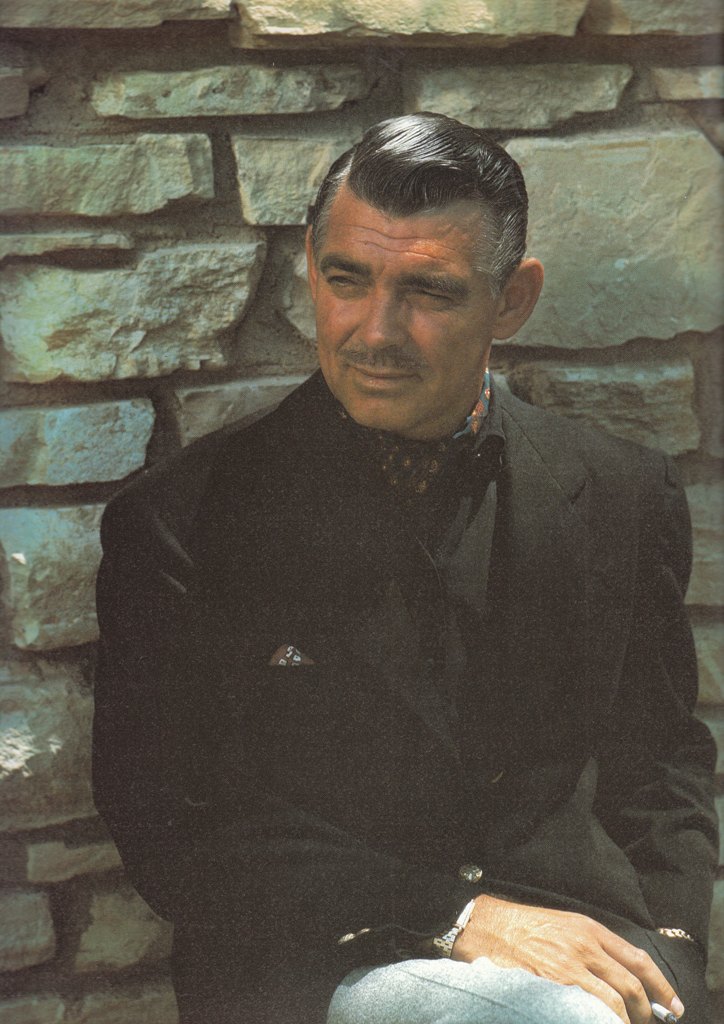
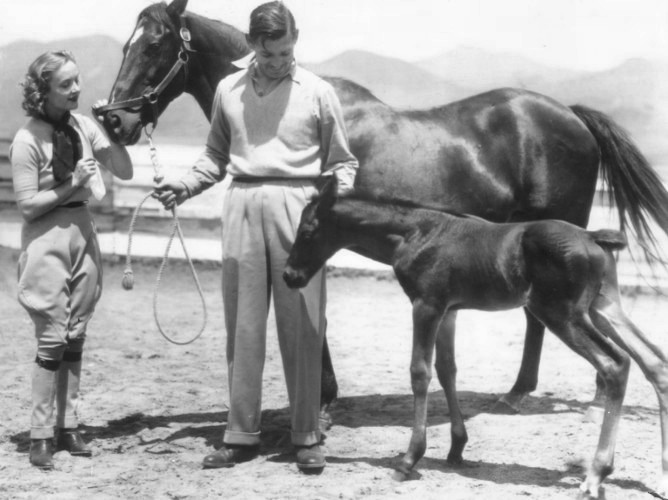
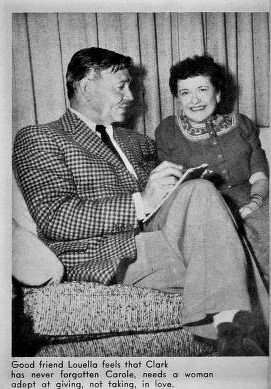
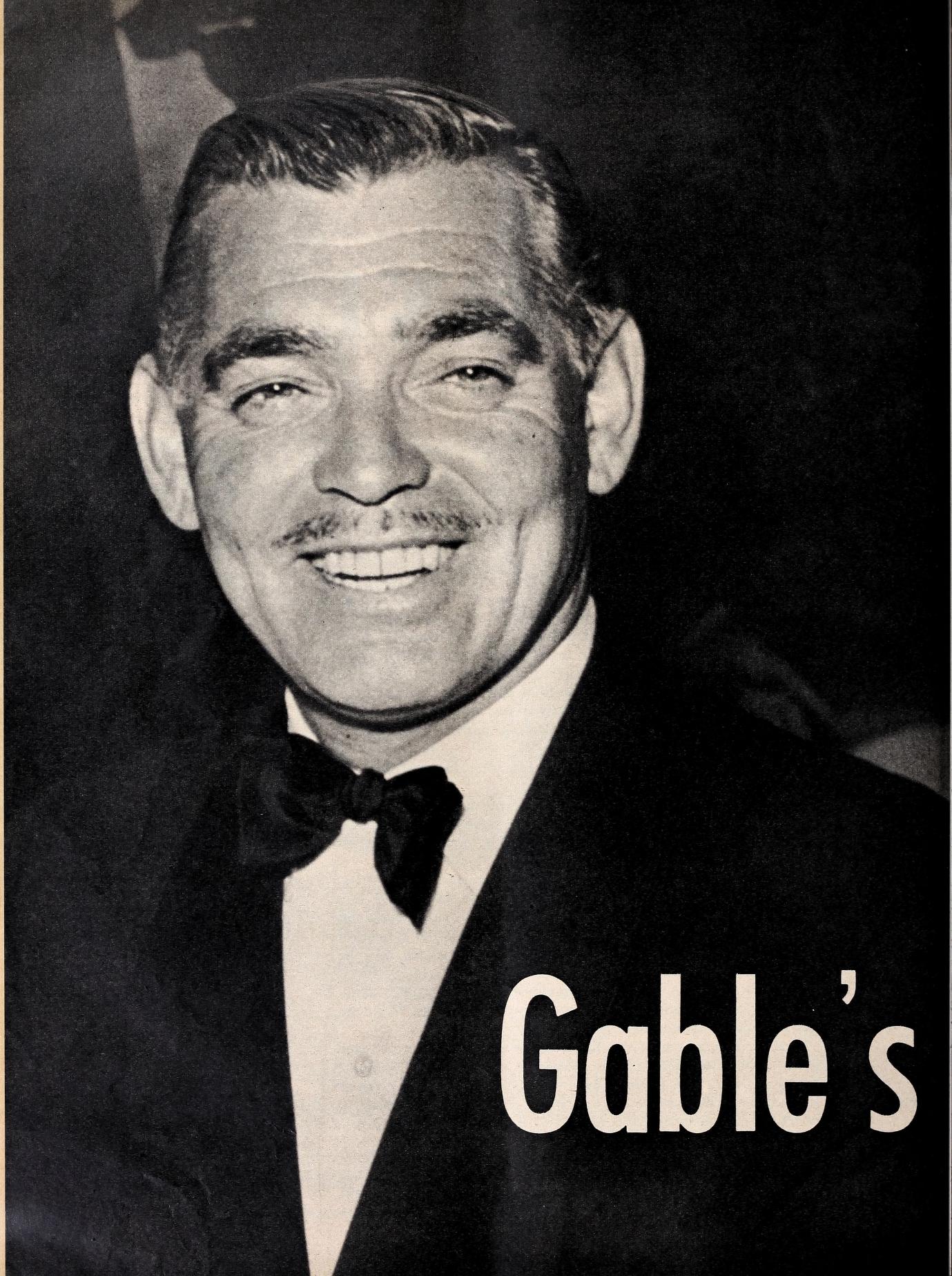
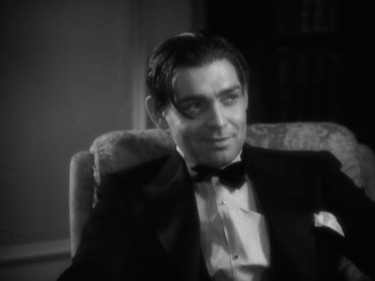
2 Comments
Dan
I don’t know if he did to be honest. Maybe- but I really feel like in many ways I am similar to Clark in some ways. I think he was fearful of change and terrified of not having enough money to live the way he had become used to living. I think if he had won the lottery or inherited money, etc. that would keep him living the way he loved to do, he probably would have walked away OR at least maybe just made one picture per year instead of two
Rhonda
Insightful commentary.
I never knew he and Carole had considered leaving Tinseltown.
I agree with your assessment.
Thanks as always for sharing your expertise and collection with us lovers of all things Gable.
I’ve read and watched a lot in the last 45 years and have come to believe you are THE authority on The King of Hollywood.
Much appreciated!
Rhonda
St. Louis, MO